The UK’s electric vehicle strategy needs a rapid recharge
The Government must put its foot on the accelerator to reach net zero targets by 2050
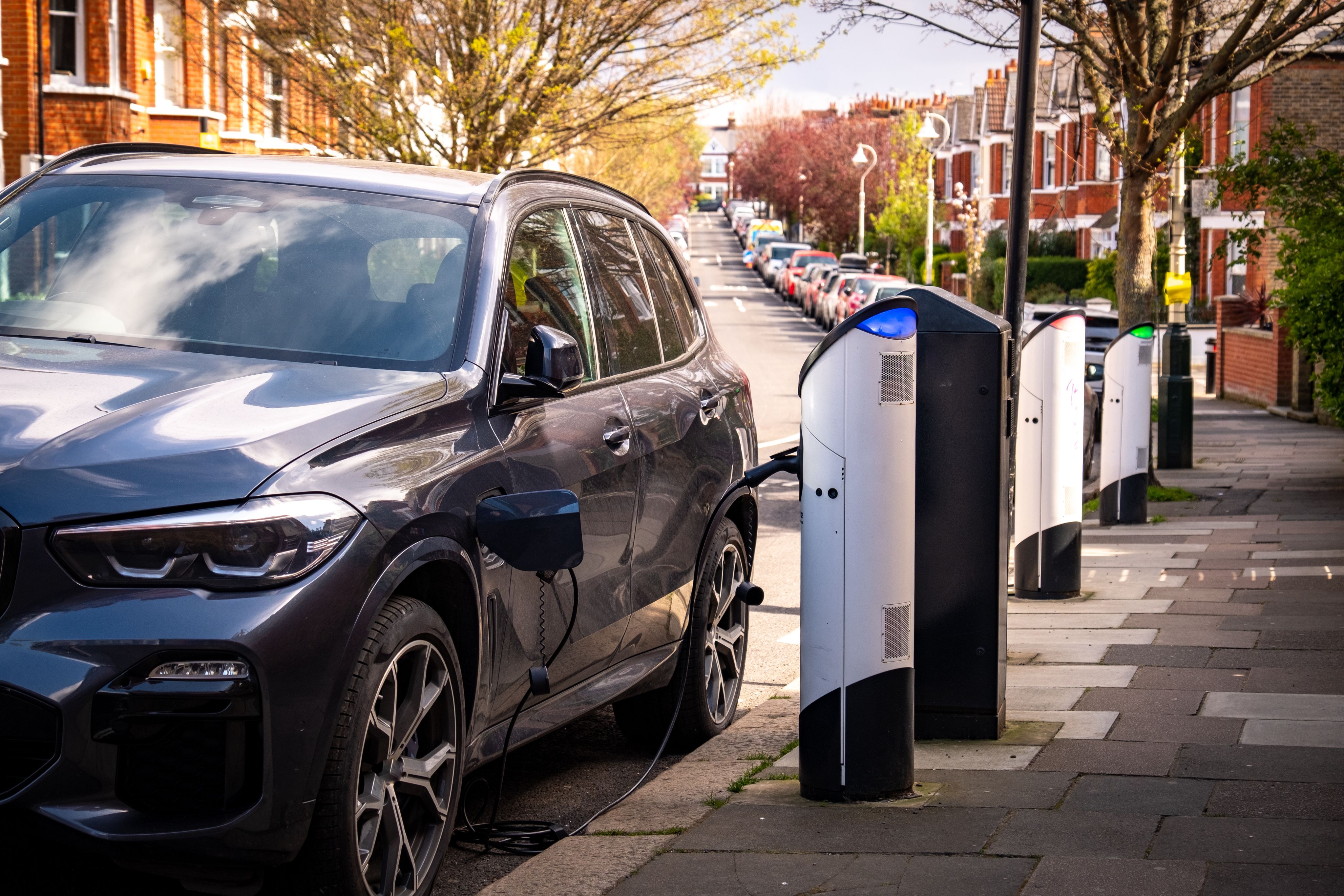
A successful transition to electric vehicles will be essential for net zero
Surface transport is the UK’s highest-emitting sector, with passenger cars responsible for over half the sector’s emissions, and electric cars can provide dramatic reductions in emissions and improved air quality.
But with electric vehicles making up about only 3% of all cars currently on UK roads, concerted Government action to get people to adopt electric cars is urgently needed.
The Government has committed to end the sale of new petrol and diesel cars by 2035, and there has been some progress towards this target. But it is not happening fast enough, and major barriers remain.
Several key issues came up during our inquiry:
- Electric cars are still more expensive than petrol and diesel
- The availability of public chargepoints across the UK is highly variable, and the Government has missed important targets for the public charging infrastructure
- Major funding programmes have faced serious delays
- Many consumers are anxious about whether and where they will be able to charge electric vehicles reliably, affordably and quickly, and about the battery range of second hand cars.
The Prime Minister told the country that the UK needs “more time to prepare” and to tackle remaining challenges to the electric vehicle transition. The Government must now seize the opportunity it has given itself.
Here are some of the key challenges facing the widespread move to electric vehicles, and our recommendations to address them.
1. Clear, accurate messaging

Though the electric vehicle (EV) transition is achievable by the 2035 deadline, it poses major challenges to industry, the UK's infrastructure and consumer habits of a lifetime. But we heard that the Government’s messaging has not been clear or consistent enough to give industry and the public the confidence they need.
In September 2023, the Prime Minister told the public that achieving net zero “is going to be hard”. By emphasising only the challenges and not the benefits, the Government is not building public confidence.
After the Prime Minister’s speech, 37% of consumers surveyed by Auto Trader said they would never buy an electric vehicle. Faced with conflicting claims and alarmist headlines, consumers need a go-to source of comprehensive, clear and balanced information so they can make informed decisions.
“Consumers need more information and a trusted source of information. There are so many mixed messages out there and confusion about making the right decision that consumers are worried about what they should do”.
The Government should take a more proactive and leading role in communicating a positive vision of the EV transition to consumers, and promoting comprehensive, clear, authoritative, accurate and balanced information. It should also develop a communication strategy in collaboration with industry partners and consumer organisations to provide clear, authoritative and trustworthy information.
2. Support for upfront costs
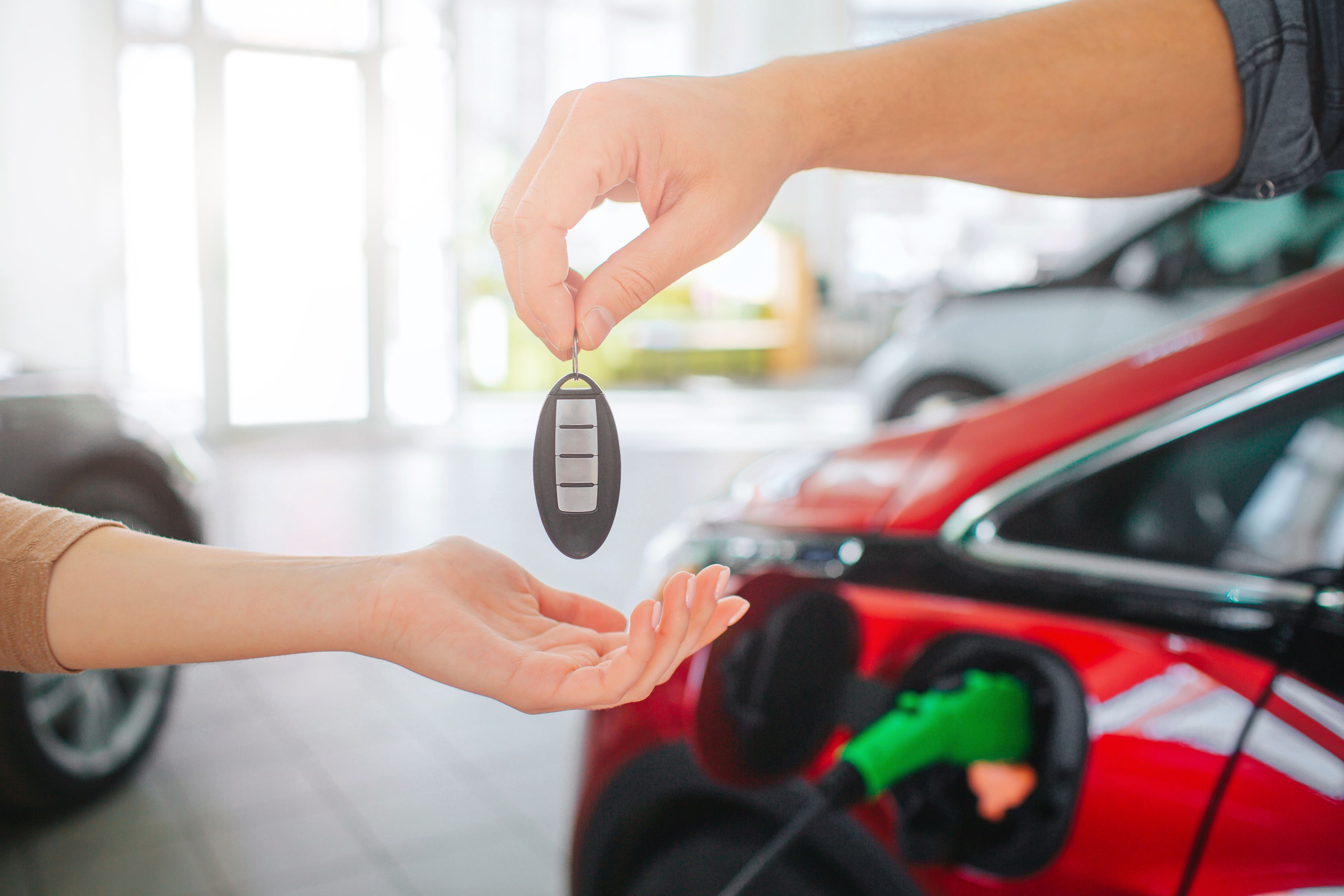
Though more electric cars are being sold, significant barriers exist for many drivers, particularly those on lower incomes.
56% of respondents to a 2023 survey by Auto Trader said upfront cost was the biggest obstacle to them adopting an EV.
As the market matures over the coming years, more affordable EVs are expected to be produced, but electric cars are still more expensive than their petrol and diesel equivalents. Yet the Government has removed grants that previously existed to help with the upfront costs.
The Government should explore targeted grants for electric cars to support consumers and stimulate the market. These should apply to more affordable models – not expensive SUVs. As the market matures and the price of electric cars falls equivalent to petrol and diesel cars, these incentives should be tapered and brought to a close.
3. Boosting the charging network
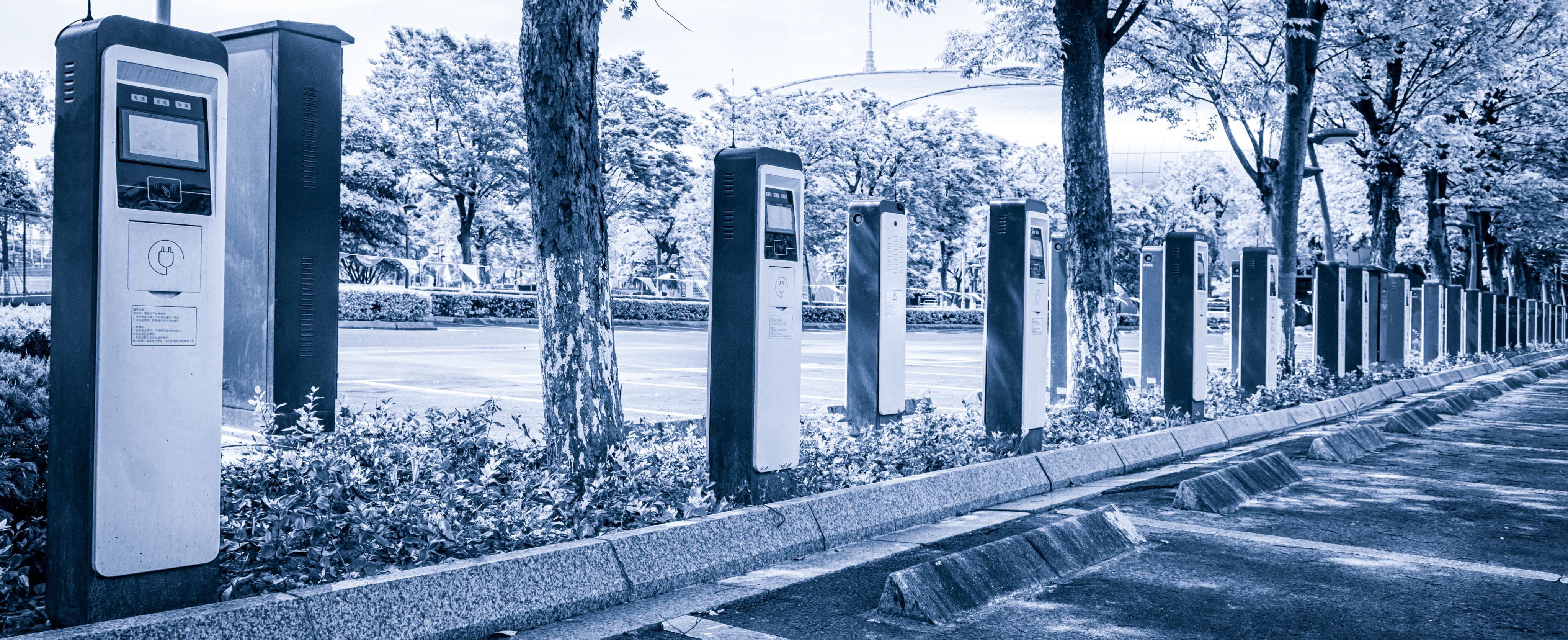
Insufficient access to reliable charging is the other main barrier to drivers considering an EV.
56% of What Car? readers surveyed cited the chargepoint network as a reason for not going electric.
The Government has announced major funding schemes to support the rollout of public chargepoints, but these have suffered significant delays, and progress across the country is highly variable.
The Local Electric Vehicle Infrastructure (LEVI) Fund should be extended for three years to support local authorities to roll out public chargepoints. The Government should bring in new powers to instruct local authorities with insufficient charging infrastructure to take action.
4. Making charging prices fair
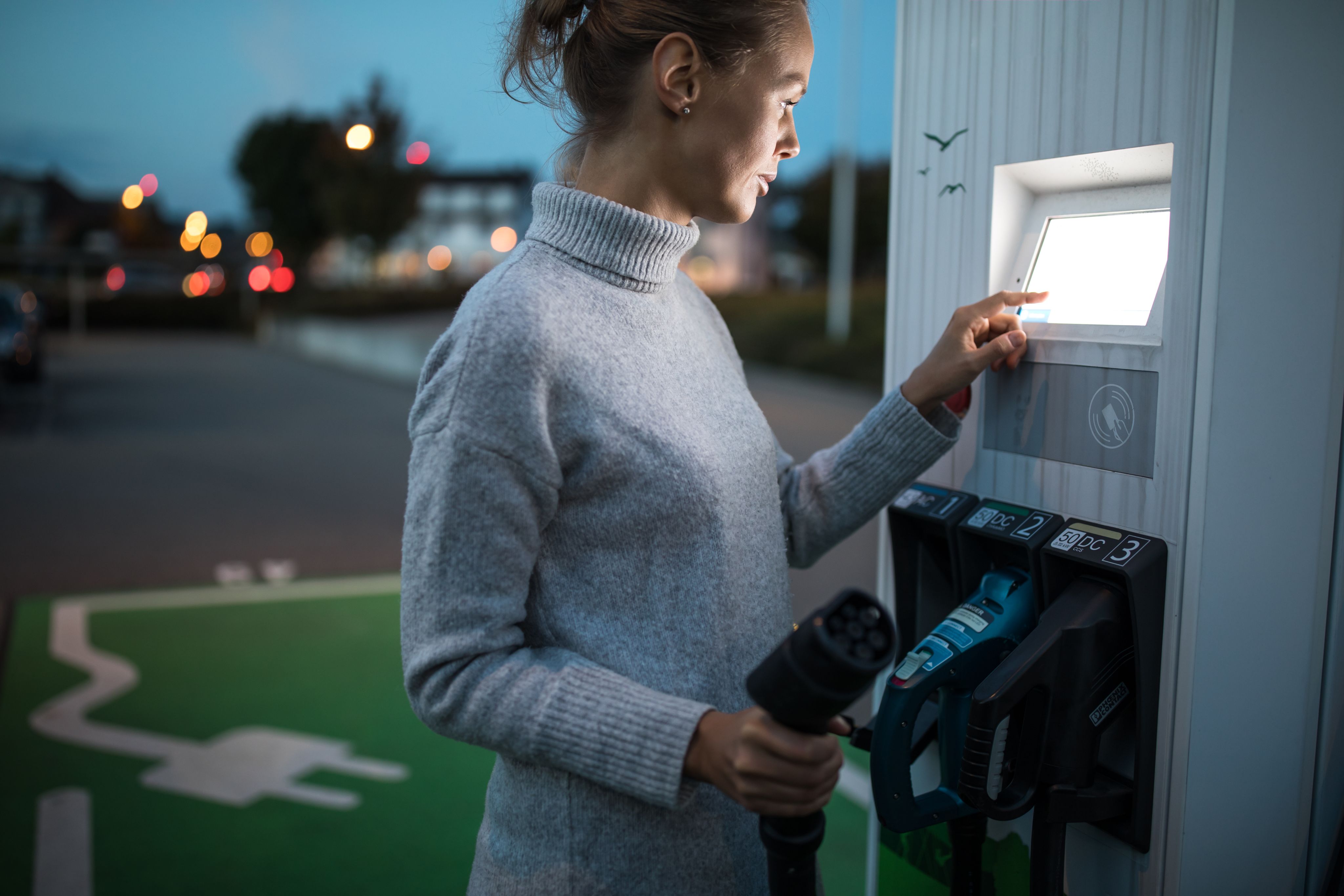
In many cases, EV charging costs less than petrol refuelling, and home charging is significantly cheaper.
According to research by the Society for Motor Manufacturers and Traders, 90% of the electric car drivers they polled would not go back to a petrol or diesel vehicle and 57% of these cited spending less on fuel as a benefit.
But some forms of public charging, particularly ultra-rapid charging, are more expensive than petrol. Part of this is due to VAT: 5% VAT is applied to home charging and 20% to public charging.
We recommend that the Government explore options for equalising the VAT differential between public and domestic charging by reducing the 20% VAT rate applied to public charging to 5% in line with domestic electricity.
What happens next?
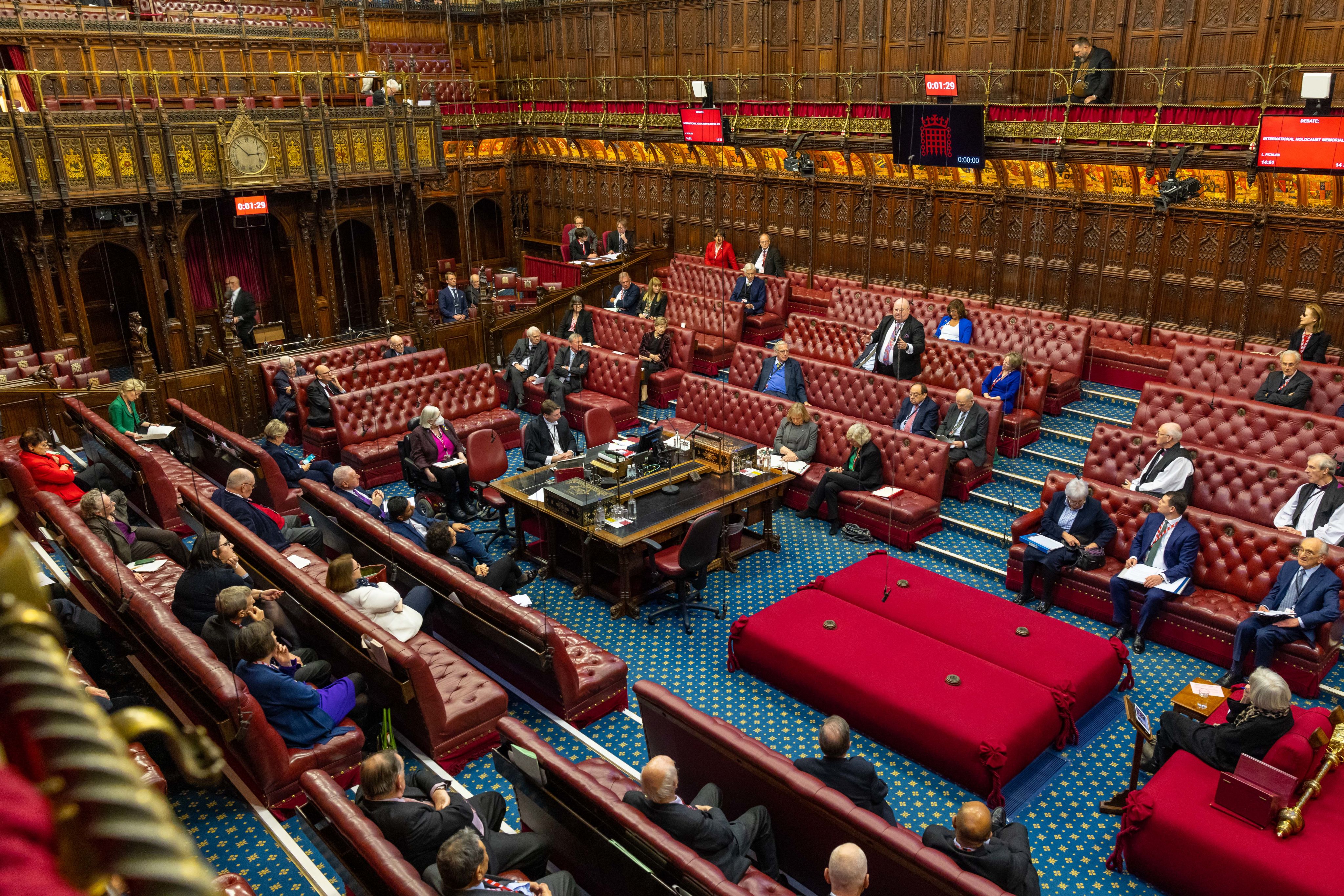
We have made our recommendations to the Government and it now has two months to respond to our report.
Read the full report on our website.
Find out more about our inquiry and our committee.
Follow us on Twitter @HLEnviroClimate
Cover image: William - stock.adobe.com
